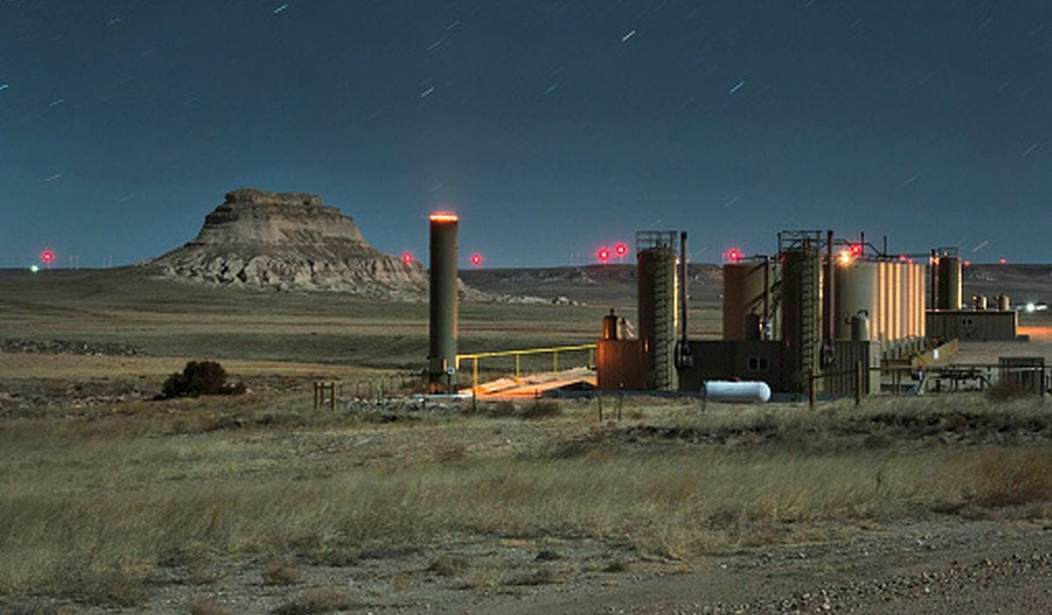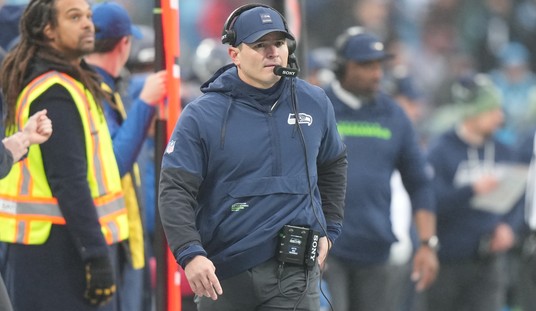The small suburban enclave of Broomfield, CO has become the epicenter of the national debate over hydraulic fracturing, or fracking. Located 13 miles from the campus of the University of Colorado-Boulder, the controversy in Broomfield centers on a recall effort that seeks to unseat the mayor – even though he is term limited and leaves office in November.
The mayor, Greg Stokes, is not a crook or a deviant. He is pro-fracking. The recall effort began in February after the city council refused to approve a moratorium on fracking and a major fracking company announced plans to drill 139 wells in the city.
National activists from both sides are involved in the recall, which is being closely watched by anti-fracking groups as a possible template for anti-fracking campaigns in other small towns.
Fracking opponents submitted 1,169 valid signatures to recall Mr. Stokes after the Broomfield City Council’s vote Feb. 28 against enacting a hydraulic fracturing moratorium amid plans by Extraction Oil and Gas to add 139 wells.
Instead, the council formed a task force to study the issue and the company agreed to step back and work with city panel, later agreeing to move 40 proposed wells outside the city limits.
Even if approved, such a moratorium would have had trouble passing legal muster. Broomfield voters passed a five-year freeze on fracking in 2013, but three years later, the Colorado Supreme Court threw out similar bans in Longmont and Fort Collins, ruling that state laws on drilling preempted local ordinances.
Several city council members have come out in support of Mr. Stokes, arguing that he shouldn’t be recalled for taking a policy position, as did the Denver Post, which called on Broomfield voters to “send a clear message that extremism won’t rule the day in our politics.”
“What is happening in Broomfield is an abuse of recall power to make a political statement rather than recall’s intended purpose of removing hooligans from office,” said the July 6 op-ed. “The point is dramatically made by the fact Stokes, because he is term-limited, is already on his way out the door.”
Ms. Anderson, whose husband Jason Anderson is running to replace Mr. Stokes, said Broomfield voters can inspire those opposed to fracking operations in their towns.
The community of 62,000 is located about 13 miles from the University of Colorado Boulder.
“What happens here in Broomfield is going to affect other communities, and that is why I think there’s national politics into it,” she said. “If Broomfield can pave the way, others can follow.”
Anti-fracking forces on are on the run. State and local governments are proceeding with plans for more wells, eager to cash in on the biggest oil boom in several generations. Anti-frackers’ hysterical claims about the dangers of fracking have been proved false – by the Obama EPA, no less. And the US is once again the number one producer of fossil fuels in the world.
Their efforts to nationalize a local issue by abusing the recall process may succeed. But what will they gain? It’s far too late to stop the fracking revolution. There may be a community or two that will vote down the introduction of wells but they’re only hurting themselves when they do.
The Broomfield government and the oil company reached a reasonable compromise that should allay many of the fears of local residents. But the anti-fracking forces are not reasonable and are tilting at windmills in trying to put a halt to fracking.










Join the conversation as a VIP Member